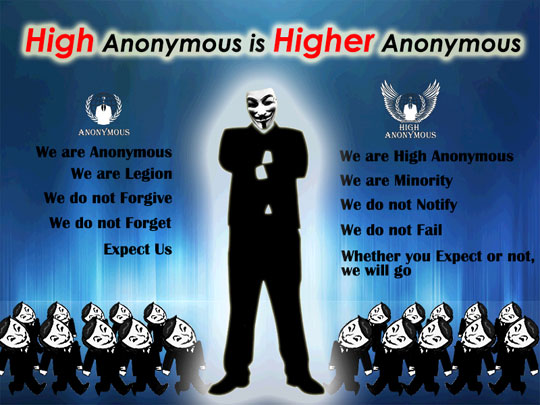TROJ_KORHIGH.A
Trojan.Korhigh (Symantec)
Windows 2000, Windows Server 2003, Windows XP (32-bit, 64-bit), Windows Vista (32-bit, 64-bit), Windows 7 (32-bit, 64-bit)


Threat Type: Trojan
Destructiveness: No
Encrypted:
In the wild: Yes
OVERVIEW
Dropped by other malware, Downloaded from the Internet
This Trojan arrives on a system as a file dropped by other malware or as a file downloaded unknowingly by users when visiting malicious sites.
TECHNICAL DETAILS
245,760 bytes
EXE
No
28 Jun 2013
Steals information, Overwrites MBR, Deletes files
Arrival Details
This Trojan arrives on a system as a file dropped by other malware or as a file downloaded unknowingly by users when visiting malicious sites.
Installation
This Trojan adds the following mutexes to ensure that only one of its copies runs at any one time:
- Microsoft-Windows-LDAP32-Client
Other System Modifications
This Trojan sets the system's desktop wallpaper to the following image:
NOTES:
This Trojan connects to the following IP addresses to send information about the affected system:
- {BLOCKED}.190.218 via port 8080
- {BLOCKED}.39.29 via port 80
The stolen information are as follows:
- Computer Name
- Current Time
- OS Version
It deletes certain file types found on fixed drives on the affected system:
- *.asp
- *.aspx
- *.avi
- *.bmp
- *.dll
- *.exe
- *.flv
- *.gif
- *.htm
- *.html
- *.jpeg
- *.jpg
- *.jsp
- *.mp4
- *.mpeg
- *.mpg
- *.nms
- *.ocx
- *.php
- *.php3
- *.png
- *.sys
- *.wmv
It infects the MBR of the affected system. Once executed, this malware copies the original MBR and overwrites it with its code.
After writing its code, it automatically restarts the system to let the infection take effect. When the system restarts, it may prevent the system from booting up properly.
SOLUTION
9.300
10.122.07
28 Jun 2013
10.123.00
28 Jun 2013
Step 1
Restore your system's Master Boot Record (MBR)
To restore your system's Master Boot Record (MBR):
• On Windows 2000, XP, and Server 2003:
- Insert your Windows Installation CD into your CD drive then restart your computer.
- When prompted, press any key to boot from the CD.
- On the Main Menu, type r to enter the Recovery Console.
(Note for Windows 2000: After pressing r, type c to choose the Recovery Console on the repair options screen.) - Type the number that corresponds to the drive and folder that contains Windows (usually C:\WINDOWS) and press Enter.
- Type your Administrator password and press Enter.
- In the input box, type the following then press Enter:
fixmbr {affected drive} - Type exit and press Enter to restart the system normally.
• On Windows Vista and 7:
- Insert your Windows Installation DVD into the DVD drive, then press the restart button on your computer.
- When prompted, press any key to boot from the DVD.
- Depending on your Windows Installation DVD, you might be required to choose the installation language. On the Install Windows window, choose your language, locale, and keyboard layout or input method. Click Repair your computer.
- Select Use recovery tools that can help fix problems starting Windows. Select your installation of Windows. Click Next.
- If the Startup Repair window appears, click Cancel, Yes, then Finish.
- In the System Recovery Options menu, click Command Prompt.
- In the Command Prompt window, type the following then press Enter:
BootRec.exe /fixmbr - Type exit and press Enter to close the Command Prompt window.
- Click Restart to restart your computer normally.
Step 2
Before doing any scans, Windows XP, Windows Vista, and Windows 7 users must disable System Restore to allow full scanning of their computers.
Step 3
Reset your Desktop properties
Step 4
Scan your computer with your Trend Micro product to delete files detected as TROJ_KORHIGH.A. If the detected files have already been cleaned, deleted, or quarantined by your Trend Micro product, no further step is required. You may opt to simply delete the quarantined files. Please check this Knowledge Base page for more information.
Did this description help? Tell us how we did.


